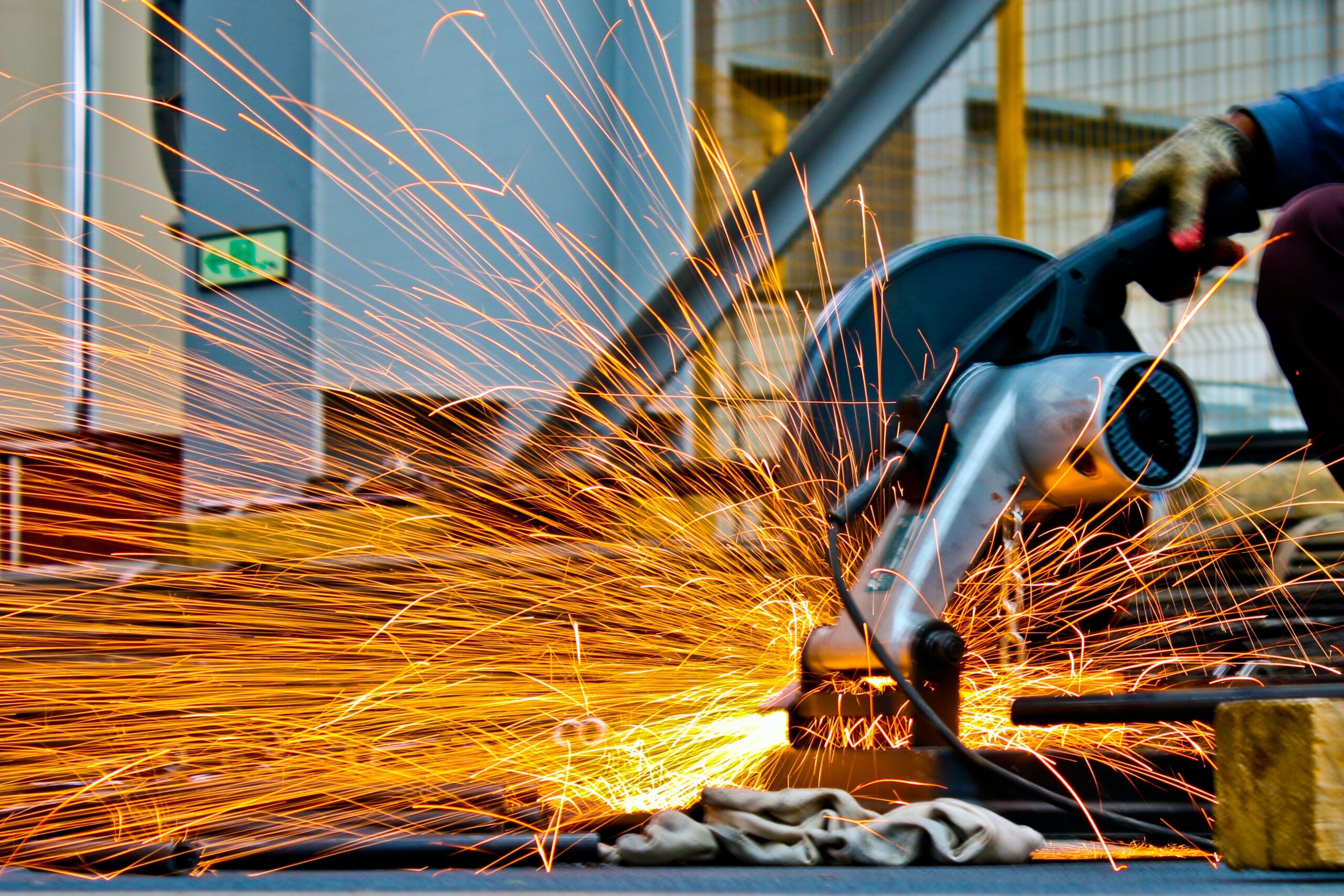Ritika Mahajan | December 2, 2022
Companies are not decarbonizing steel as technology is expensive and not easily available in India
The Indian steel industry, which contributes 12 percent to global carbon emissions, is likely to put decarbonisation plans on hold this year as the industry has slumped into losses and lacks advanced technology.
Steel companies have not allocated any funds towards decarbonization to meet their future targets, said analysts who track the companies. Decarbonization is a process of switching to renewables and low carbon energy sources. These companies have a target range to reduce emissions by 30-40 percent by 2030, as stated in sustainability reports of Tata Steel India, JSW Steel and Steel Authority of India (SAIL).
Emails, WhatsApp messages to the corporate communication officials of JSW Steel, Tata Steel, and SAIL for comments remained unanswered till press time.
Top Indian steel manufacturers have incurred losses in the quarter ended September 30, as the government levied a 15 percent export duty on steel in May. The price of steel had fallen over 40 percent. For instance, JSW Steel reported a loss of Rs.915 crore in the second quarter of this financial year.
If the government comes up with a notification on carbon emissions, these companies will be in trouble, said Mitul Shah, Head of Research at Reliance Securities Ltd. “They might defer their plans by a quarter or two. The companies have neither disclosed short-term targets, nor any expenditure on the subject” (as per their latest quarterly results), said Shah.
The discussion on steel decarbonization began during the Conference of Parties (COP26), held in the United Kingdom last year as Prime Minister Narendra Modi promised net-zero emissions by 2070. The Ministry of Power has announced a target of producing 5 million tonnes of green hydrogen by 2030.
Unlike Netherlands and Germany, Indian companies have not yet adopted hydrogen technology as it is expensive and not easily available, said Siddharth Gadekar, an analyst at Equirus Capital. Hydrogen-based steel production is a process where hydrogen replaces coal while making steel. As coal is a fossil fuel, it emits more carbon when compared with hydrogen. “Adani and Reliance are talking about setting up hydrogen capacities but it is still at an early stage,” said Gadekar. “The companies will not be able to switch to hydrogen till it is easily available.”
Pollution control norms and statutes exist, but no company is keen to follow them, and companies must be pulled up by the state pollution control boards, said Harish Bijoor, a business and brand strategy expert.

